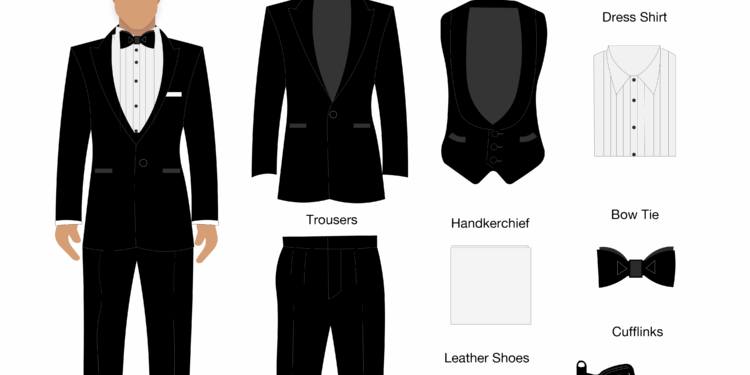Dress codes reflect a nation’s cultural, religious, and political values, often enforced by law and affecting both citizens and visitors.
This article examines five countries known for their stringent dress regulations, exploring the legal frameworks, cultural influences, enforcement mechanisms, and implications for locals and travelers.
1. Saudi Arabia
Saudi Arabia enforces strict dress codes based on Islamic law. Women must wear an abaya and cover their hair with a hijab, especially in conservative areas. Men are also expected to dress modestly. Non-compliance can lead to fines or deportation. The dress code underscores the country’s commitment to Islamic principles. While the enforcement authority has shifted, modest dress remains expected, and tourists are advised to adhere to local customs.
2. Iran
In Iran, dress codes are legally mandated and require women to wear a hijab and loose-fitting clothing. Men must also dress modestly, avoiding shorts and sleeveless tops. Violations can result in fines or detention, with enforcement primarily by the morality police. The dress code reflects the Islamic Republic’s interpretation of modesty and societal norms, and even tourists must comply.
ICYMT: Bruno Fernandes’ $419m Ultimatum and Spurs’ Bayern Pursuit
3. North Korea
North Korea imposes strict dress codes to maintain conformity and suppress Western influences. Wearing jeans or clothing with foreign logos is prohibited, and government-approved hairstyles are mandated. Women are discouraged from wearing trousers, with violations leading to social penalties. Citizens are closely monitored, and tourists receive guidelines on acceptable attire.
4. Sudan
Sudan’s dress codes are influenced by Islamic Sharia law, requiring women to dress modestly, often including headscarves. Violating these codes can result in fines or imprisonment, enforced by the Community Service Police. Past incidents, such as the arrest of women for “indecent dress,” highlight the strict application of these regulations.
5. France
France has laws restricting certain clothing in public spaces, notably the 2011 “burqa ban,” which prohibits full-face veils. Violators may face fines or mandatory classes on French values. This law reflects France’s principle of laïcité, aiming to maintain secularism in public life, and has sparked significant debate regarding freedom of expression.
Comparative Analysis
Dress codes in these countries are often justified by appeals to religious or ideological purity and national identity. While Iran and Saudi Arabia enforce religious dress codes, France’s regulations are rooted in secularism. These strict codes can affect gender equality and personal freedoms, drawing domestic and international criticism.
Implications for Travelers
It’s essential to research local customs and dress expectations before traveling, as non-compliance can lead to fines or deportation. Respecting local dress codes enhances travel experiences and fosters understanding in diverse cultural settings. Awareness of these norms is crucial in navigating the global landscape.
SOURCE: PULSE GHANA




























